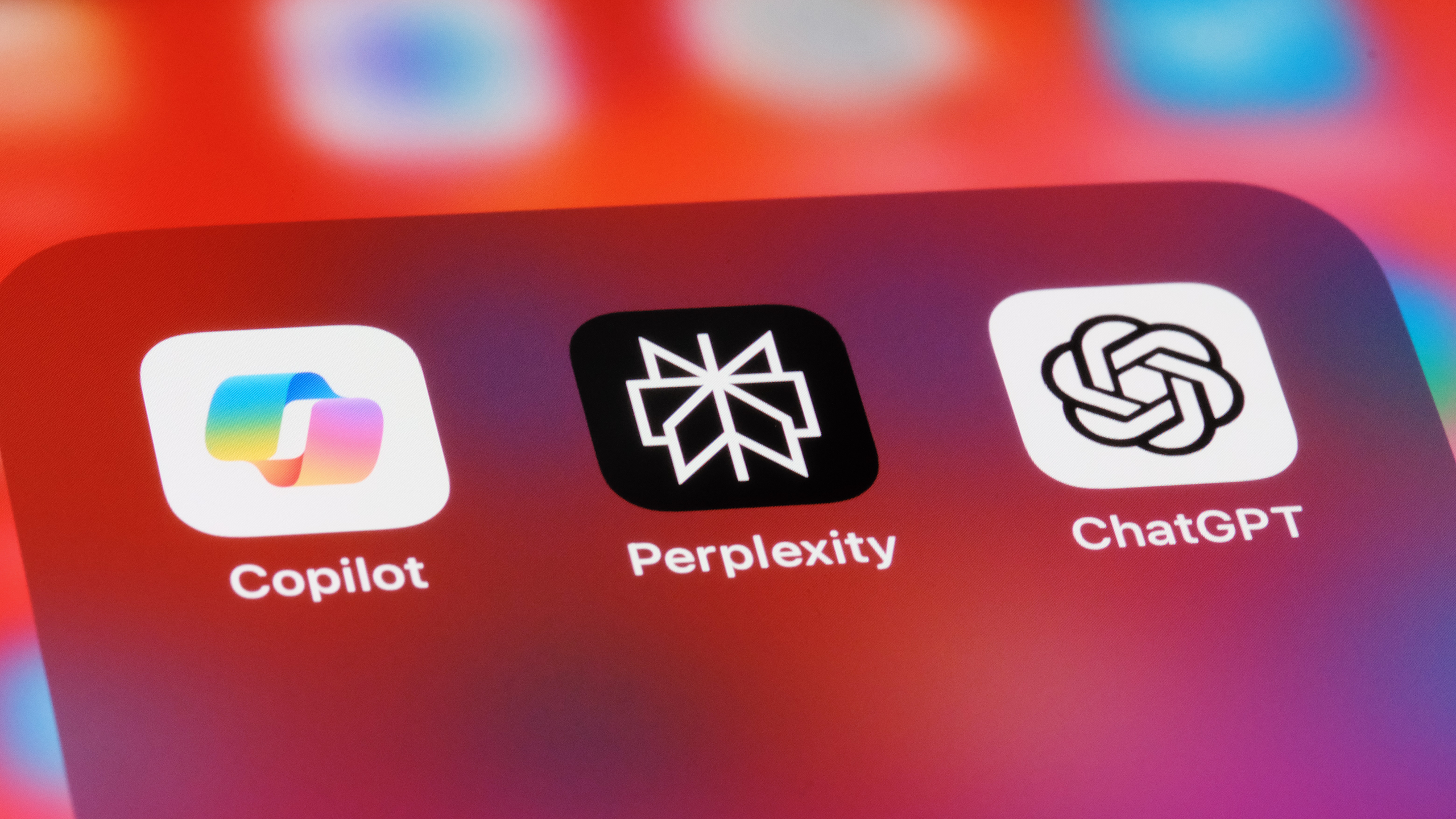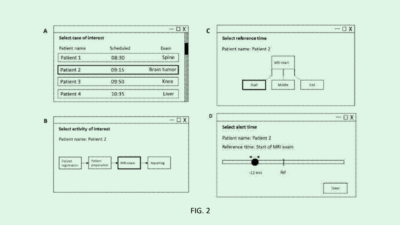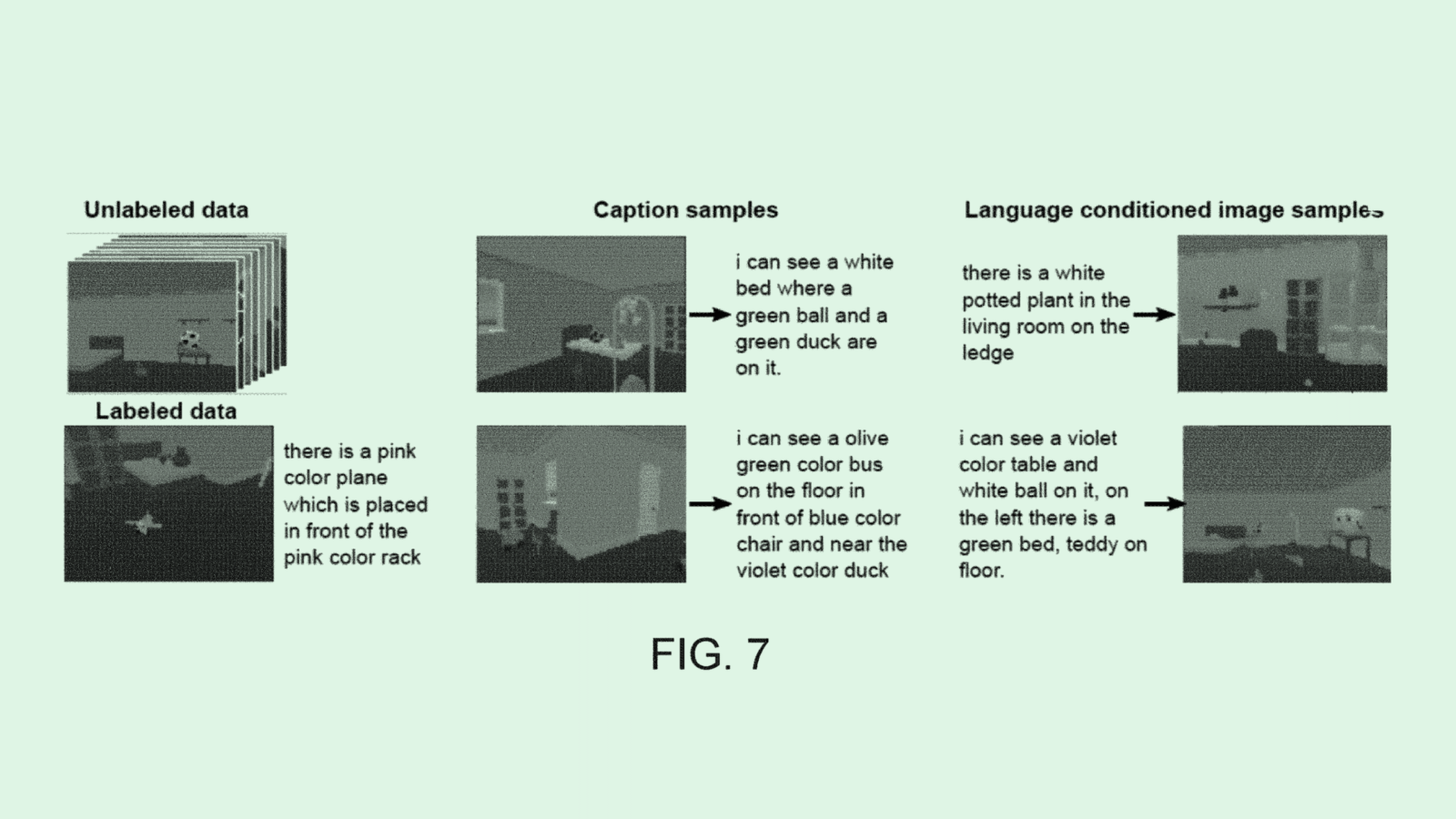AI Search Startup Perplexity Launches Ad Revenue-Sharing Program
AI-powered search engine startup Perplexity announced a revenue-sharing program on Tuesday with a handful of media companies.

Sign up for smart news, insights, and analysis on the biggest financial stories of the day.
It didn’t take extraordinary computational firepower to solve this problem. Money did the trick.
In an olive branch-extending move, AI-powered search engine startup Perplexity announced a revenue-sharing program on Tuesday with a handful of media companies that its web-summarizing chatbot may or may not be actively plagiarizing.
Traffic Jam
Perplexity was among the first waves of startups promising to disrupt the search engine industry by offering users AI-generated summaries instead of the typical link-surfing — a service that has now, in typical Silicon Valley fashion, been mimicked by big boys like Google and OpenAI. In the process, Perplexity has run into a fair bit of trouble. Publishers, already wary of the service’s potential to systematically destroy crucial traffic derived from search results, noticed pretty quickly that Perplexity’s summaries looked all too familiar. The startup has faced accusations of plagiarism and legal threats from myriad voices, including Forbes, Condé Nast, and even Amazon.
The ad revenue-sharing program — headlined by partners like Fortune, Time, and WordPress.com — could help quell some dissent, and help publishers score a few much-needed pennies as tech giants continue to evolve the internet past them:
- Perplexity’s program offers “a much better revenue split than Google, which is zero,” Matt Mullenweg, CEO of WordPress.com and Tumblr parent company Automattic, told The Verge.
- According to some estimates, AI search summaries could soon eat away as much as 60% of the traffic publishers get from traditional search engines, obliterating billions in ad revenue in the process.
Search and Destroy: A Perplexity spokesperson told The Verge that “the plan is to start introducing ads in September.” It could surely use the revenue. AI is incredibly expensive to run, and Perplexity, which has likely raised less than $500 million total, doesn’t have billions like its Big Tech competitors. That means it might not be able to beat Google — still slowly rolling out its competitor service — to the AI-search punch. And the internet as we know it may look a lot different on the other side.
In a recent appearance on the “Search Engine” podcast, veteran tech journalist and pundit Casey Newton said Google’s move to let AI summaries supplant traditional search results “essentially put[s] the web in a state of managed decline,” as the company makes the implicit argument that “the web was really useful for 25 years, but we don’t need it anymore. Because with generative AI, we’ll be able to tell you anything that the web would’ve told you, and you’re not even going to have to leave Google to get the information.” Meet the new search boss…











